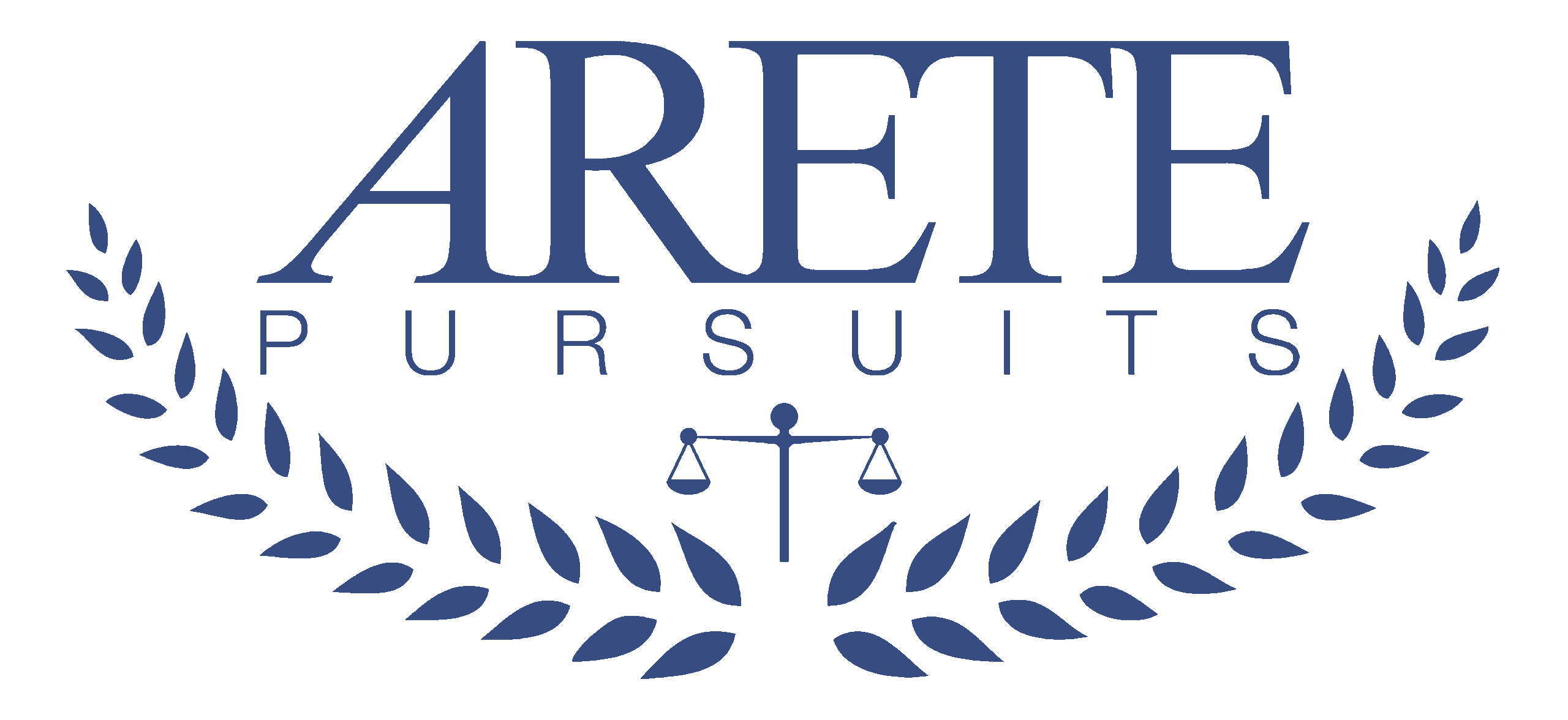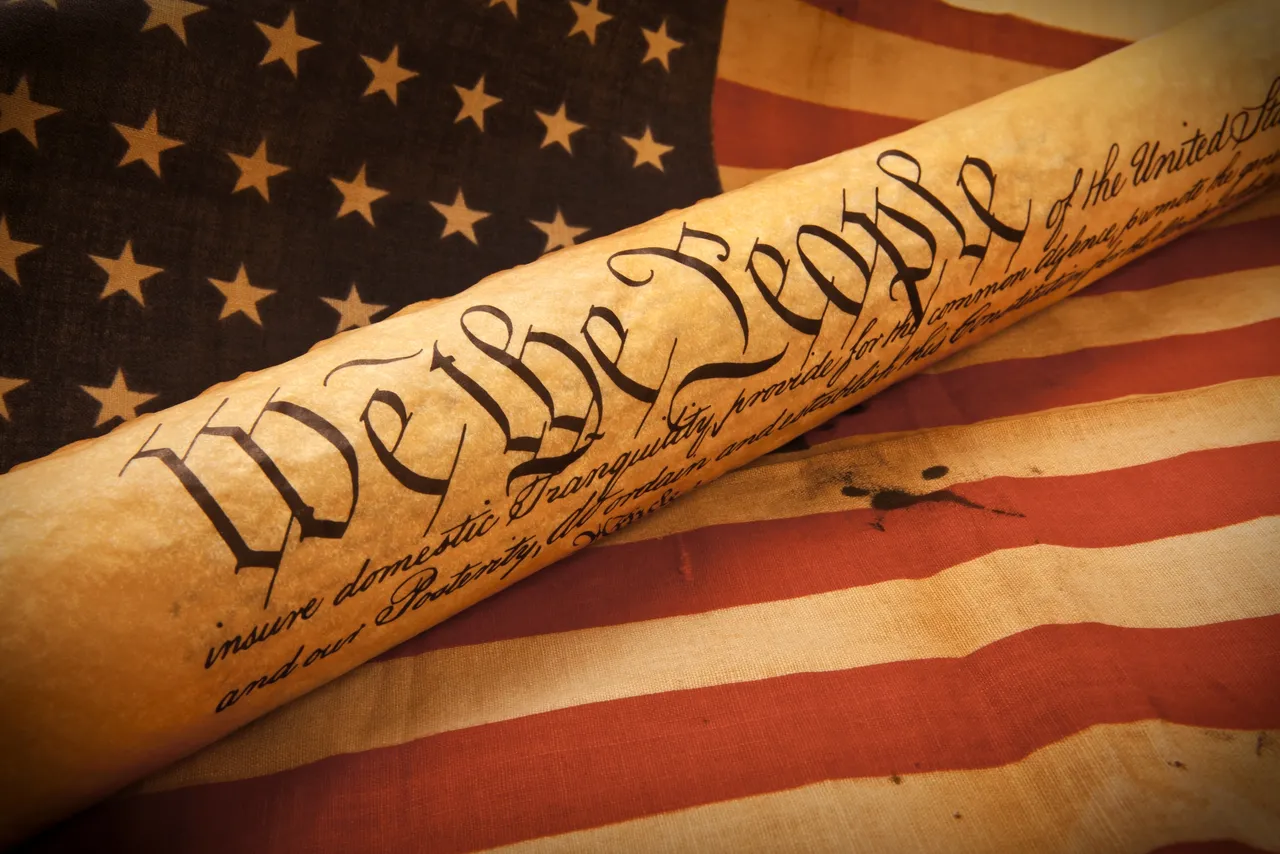Last week we talked about speech acts and learned the distinctions between assertions (facts) and assessments (stories). In his book, Language and the Pursuit of Happiness, Chalmers Brothers points out that with assertions, first comes the world, and then comes the word. We use language to describe the world.
With declarations, the word comes first. Through our declarations, we create new worlds and new possibilities. When I first learned this distinction, it felt a bit elementary until I started paying attention to the declarations I made (and those I did not make) in my everyday life. As we learn about declarations, think about how you use them today and what opportunities you have to generate a different world for yourself and those around you through your use of declarations.
A Famous Declaration
If you live in the United States, when you hear the term declaration, you likely think of the Declaration of Independence. Think about the generative power of this formal declaration. The 13 colonies declared their independence from British rule, and in so doing, they generated a new reality for themselves as a different country.
To make a declaration, we require authority. When the 13 colonies declared independence, England said they had no authority to make this declaration. The result was war, as England and the colonies fought over the authority to enforce such a declaration. The declaration created a new reality for England, the colonists, and many other nations that had relations with both parties. Imagine how different our world would be today if the colonists had not made this declaration and continued to be citizens of England.
When we make declarations without authority, we lose public credibility. John F. Kennedy declared in 1962 that we would put someone on the moon and bring them back safely by the end of the decade. As President of the United States, he had the authority to make that declaration, and he generated a new set of actions for our space program. If I declare we will put someone on Jupiter by the end of this decade with the same conviction, you may conclude that I’m a bit loony. I lack the authority to make such a declaration.
Common Declarations
Declarations typically fall into these primary categories:
- We open or initiate. The 2022 FIFA World Cup has begun.
- We close or conclude. I am resigning from your company.
- We resolve. I will run a sub-3-hour marathon.
- We evaluate. That Thanksgiving turkey was delicious.
In his book, Brothers highlights eight common declarations that are particularly powerful in our use of language:
- Yes and No. We’ll discuss this in detail below
- I Don’t Know. When we declare we do not know something, we open up a space for learning.
- I Apologize. We shape our public identity when we apologize for promises we don’t keep. We also shape it when we choose not to do so.
- I Forgive You. When we find ourselves resentful, a declaration of forgiveness can enable us to shift to a mood of acceptance or peace.
- Thank You. Gratitude is a powerful emotion.
- I Love You. There is a big difference between thinking silently in your head that you love someone and declaring it out loud.
- I Am. Personal declarations are potent tools to shift your public identity. (If you grew up in the era of Stuart Smalley’s “Daily Affirmations” on Saturday Night Live, try and set that association aside 😊)
- This Is Not Working. When we declare a breakdown, we open a space for change to explore new actions to resolve the breakdown. This could be a breakdown in a process at work, a breakdown in a relationship, or a breakdown in a car.
When I teach these distinctions, we dive deep into each declaration category. As you understand the power of the declaration and when to use it, you learn new tools that serve you as a leader and human. For today, we will focus on one.
Yes and No
On the surface, these seem like straightforward declarations. When someone makes a request of us, we can declare “Yes,” I accept your request, creating a promise, or we can declare “No,” I do not accept your request (requests and offers are another category of speech act I discussed in my series on delegation.
Why is this distinction important? Because many of us have a hard time saying no. When I explain that yes and no are acceptable responses to requests, leaders sometimes point out that they expect their staff to say yes, and no isn’t an option. If that’s the case, then you are not making a request. You’re making a declaration.
Think about the times you say yes when you should have said no:
- Do you feel you can’t say no to your boss?
- Do you feel that a good husband or wife should always say yes to requests from their partner?
- Do you lack the courage to say no to someone?
- Do you avoid conflict by saying yes even when you know you won’t follow through on the promise you just made?
In these cases, your inability to set boundaries and say no has consequences. People who don’t say no to their boss are often overworked or have become unreliable because they can’t deliver successfully on all of the commitments they have made. People who don’t set boundaries with their partners often find themselves in a mood of resentment, which may have long-term implications for the relationship’s health.
This week I talked with a client struggling with saying no to a request. He knew that saying yes would likely overcommit him, but he also knew he would enjoy the extra commitment. Together, we took time to reflect on the implications of saying yes or no. After walking through those implications, he ultimately decided to say no for now and revisit that decision in six months.
One of the most insidious Yes/No request traps is “Can you do me a favor?” Often the requestor says this innocently enough, yet the statement expects a “Yes,” even with no clue as to what said favor would be. I used to respond “Yes” automatically to that request. Now I say, “Probably, but it depends on the favor.”
I encourage you to give yourself time to reflect the next time a “Yes” wants to emerge from your lips instinctively. Examine the commitment you are about to make and your motivation for saying yes. Make sure the yes you offer is a declaration made after careful examination rather than a knee-jerk response that you may regret later.
What declarations missing from your life can generate new possibilities that will serve you better?
Want to comment? Join the conversation on LinkedIn.

